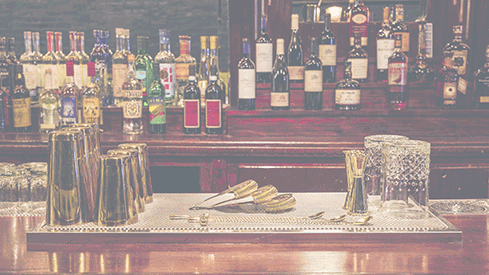
Dick Clark has been called the 2nd most important person in the propagation of rock and roll in the 1950s (behind Elvis). That’s a pretty audacious claim to make about a mere disk jockey. Only, it turns out there’s evidence to support it. Dick Clark was no mere disk jockey, even if that’s how he described himself.
Richard Augustus Wagstaff Clark, Jr. – Wow! What a name. Dick Clark, “America’s oldest teenager” came into the world in Mount Vernon, NY, tagged with that. By the 10th grade, he had decided on a career in radio. At 16, Clark started in the mailroom at a local station owned by his uncle and managed by his father. He found his way onto the airwaves in various minor capacities. He graduated from Syracuse with a degree in advertising and a minor in radio in 1951, and by the next year was working at Philadelphia’s WFIL. He became Dick Clark, hosting the radio version of Bob Horn’s Bandstand, which aired on a sister TV station. He also substituted for Horn and, when the host was fired, took over the show. In 1957, ABC picked the show up and re-named it American Bandstand.

- American Bandstand aired for 30 years, from 1957 to 1987
- AB is the longest-running variety show in TV history
- AB aired weekdays after school until 1963, and then weekly on Saturdays until 1987
- It is estimated that over 2/3s of the men and women in the rock HOF made their TV debuts on AB
- AB introduced us to, among others, Ike and Tina Turner, Smokey Robinson and the Miracles, The Supremes, The Beach Boys, Stevie Wonder, Simon and Garfunkel, Jerry Lee Lewis, Buddy Holly, Johnny Cash, Sam Cooke, Fats Domino and Chubby Checker
Dick Clark’s wholesome “safe” TV image lent legitimacy to rock and roll, and introduced it to a generation of parents who had been told it was the devil’s music. More importantly, Dick Clark un-demonized what was called “race music,” showcasing black and white artists alike, performing in front of racially integrated audiences of teens who listened and danced together without disasters of Biblical proportions befalling them.
It is said that Clark’s only motivation was economic. Even if so, you have to give him credit for recognizing the profit in doing what was right. Recognize, too, that Dick Clark took none of the credit for the musical or cultural importance of American Bandstand.
“I played records, the kids danced, and America watched.” – Dick Clark
1958
1987
